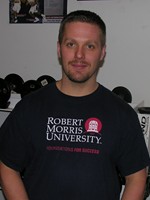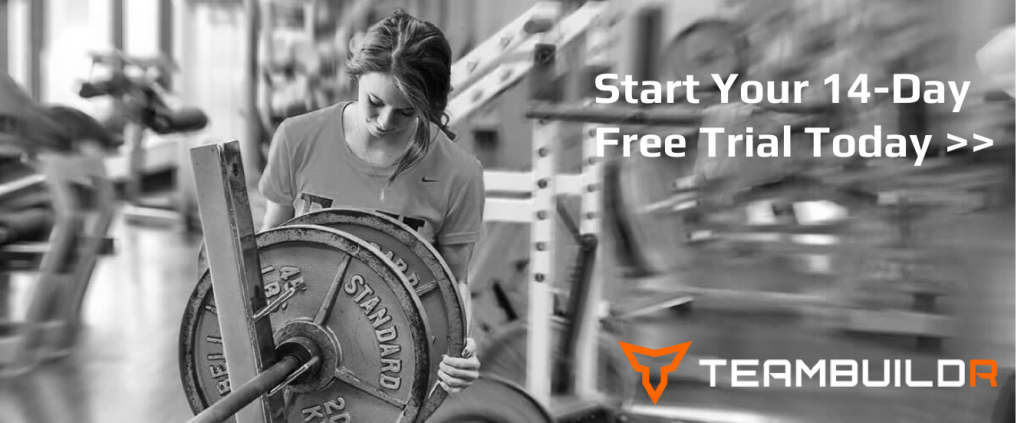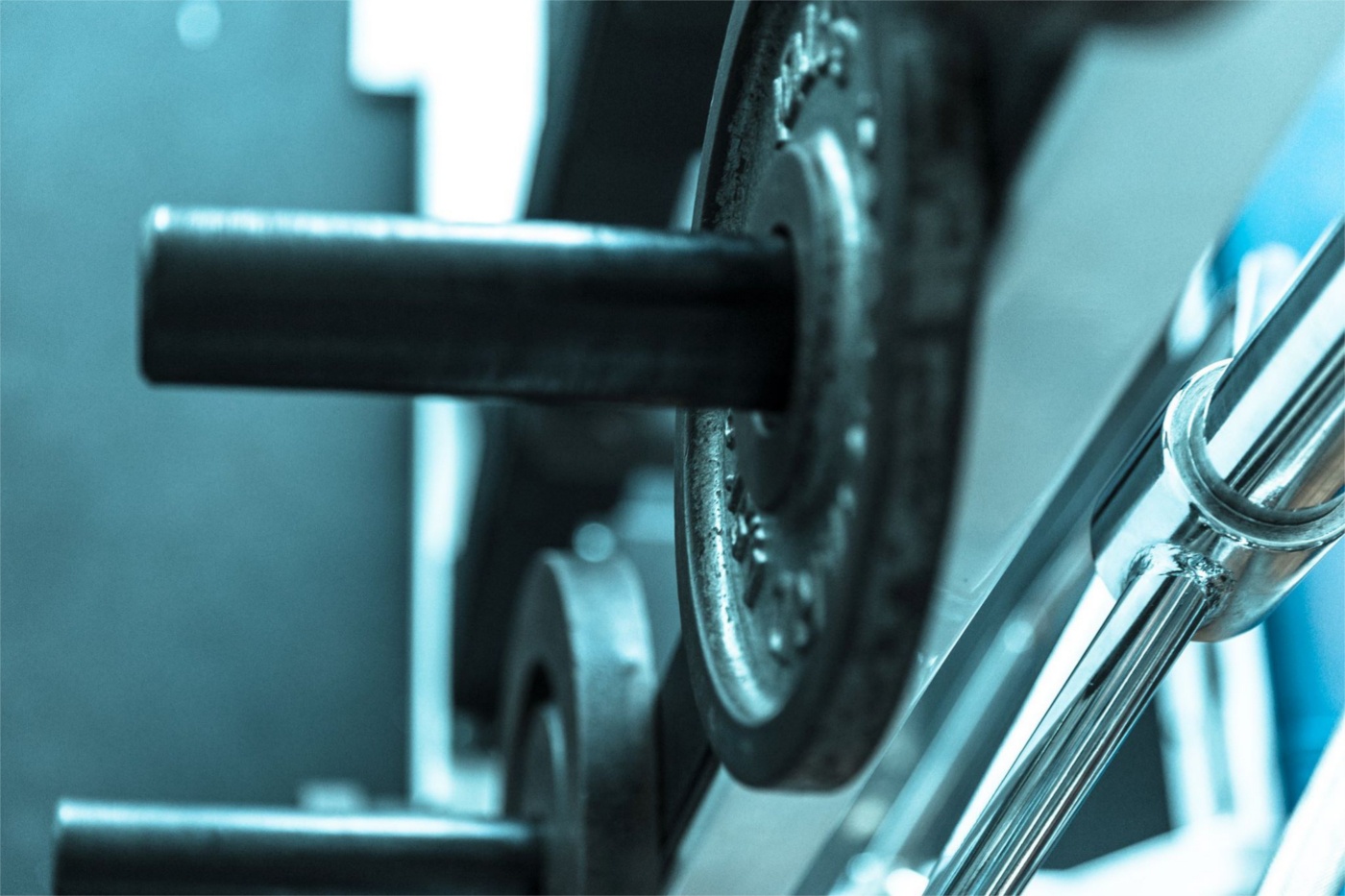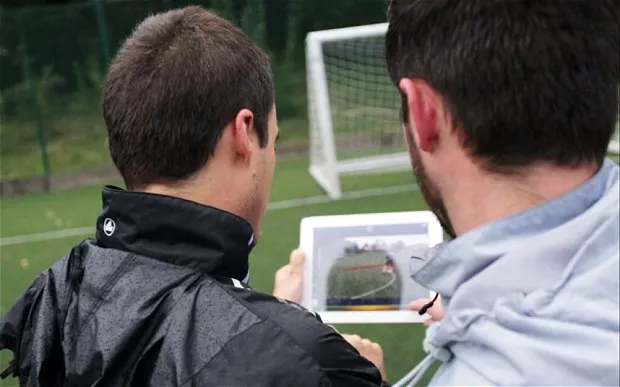What Strength Coaches Should Be Doing in July
Here we are as strength professionals in the "dog days of summer."
July - the month when football players have trained hard from January until now. This is primarily the month where we as strength coaches need to tweak a few things in our programming and get ready to spend seven days a week with these athletes for the next few months. If you have not already guessed it, this blog post is where I am going to write about things I feel all strength coaches should be doing during the month of July. I will cover everything from training your athletes to spending time with your family/personal life. Remember if you burn the candle on both ends, the candle will burn out very fast.
Always Keep in Mind How an Athlete Should Train
I compete in powerlifting and have heard this statement over and over again: “You will not get stronger three weeks before a meet but you can get weaker.” The point of this statement is that if you decide to destroy yourself a few weeks out from a meet then you will not have a successful competition. No matter what periodization model you use in your training, Specific Adaptations to Imposed Depends (SAID principle) will still control your body. If you need to drop a weight-class, you had better be prepared for a drop in strength. If you want to train for hypertrophy three weeks from a meet, then again you had better be ready for a drop off. An athlete should be conditioned enough to do a meet and train, that is all the conditioning one really needs. If you want to run a marathon maybe a month before a meet, that is probably not the best time. This is all true with your athletes as well.
July typically starts out well for athletes because everyone has been training hard through June followed by some recovery during the Fourth of July. However, when training resumes the program is only a month away from training camp. To me, this is a time to address a few issues: First, does the team run a conditioning test? This is the first thing I ask because I consider conditioning tests to be speed bumps on way to the season. As strength coaches, we should be sure to take these tests seriously and ensure that the majority of athletes pass this test. The earlier mentioned SAID principle applies here as well. It doesn't really matter if the test is "energy system specific" or not – if the coach wants to run it, you had better train your athletes for this test.
Ready to give our programming software a shot? Take a 14-day trial, no string attached >>
The second question I ask in July is, “How do I take the strength we have and turn it into more speed on the field?” The funny thing with football is that every athlete thinks one must be "conditioned" to play the sport. Well, let’s think about this for a minute: I timed our offensive plays and we were under five seconds on average with the ball in play while average rest between plays was well over 40 seconds. Relative to most training sessions, 40-seconds rest between 5-second sets is plenty of time. Even if we have a 12-play drive it was only 60 seconds of work with 8-9 minutes of rest. Yes, this can be fatiguing but one does not have to be Lance Armstrong to complete the task as well as possible. My goal is to make my athletes more explosive and violent at this point in the year.
A few years back Buddy Morris recommended to me that we begin doing French Contrast at this point. Of course Buddy was three years ahead of everyone else because he is more dedicated than most of us. This training worked fantastically, and it is something we still use today, specifically during July. However, I have since changed it and now do American Contrast training. Because I do not have enough space to do many of the movements we would use in French Contrast I just renamed a modified version of it in honor of Abe Lincoln. Basically, we do some contrast training. The goal is still the same: To make the athlete very efficient at moving and therefore more explosive with their training.
The last big question I ask in July is, “Are they doing enough Specific Physical Preparedness (SPP)?” The answer here depends on many factors outside of my control as a strength coach. Therefore, I try to educate the athlete to help achieve this goal. Instead of working athletes on the speed ladders for hours try to have them work on the skills that relate to their sport. One crazy idea about what strength coaches should be doing in July is to work on timing quarterbacks with receivers or work on coverage with the D-backs, or work on steps and hand-fighting as a lineman. My point is that if your athletes bench 500 but can't block on the field then it really doesn’t matter since your program is still going to lose.
On a Personal Note
Stephen Covey wrote a book (and made millions off of it) titled, "The 7 Habits of Highly Effective People." While I consider myself a moderately successful person, and strive to be better tomorrow, I did steal at least one big idea from this book called Sharpen the Saw. The idea is simple: In order to have a working saw it must first be sharp. Therefore, one must take care of the saw when it's not being used. This means doing the things when the saw is not working that will make it better. I understand that we work in a cut throat profession – but, take some time off in July. When August arrives you will be around these student-athletes 24/7. What about your wife and kids at that point? If you are single, then go read a book or climb a mountain. I plan on taking two to three more days off before camp arrives to go kayaking, biking or just drinking coffee with my wife. This will not only make my wife happy but will also make me happy which will make me more effective by coming to camp refreshed to coach these athletes during the long days of camp.
I am sure some people are reading this and thinking “I cannot take a day off of work.” If this is the case, then let's examine your leadership style… A good friend of mine once said to me that if all you do is put out fires at work then you are a terrible leader. Find systems that include the people who work for you so that when you leave for the day the room still runs flawlessly. I remember Kaz (he's so famous he only gets one name, kind of like Madonna) asking a group at the CSCCa Conference, “Are you Rambo or are you the Steelers?” I didn't understand what he meant but he went on to explain. “If you are Rambo you can win the day but one shot takes you out and it's over. The Steelers compete no matter what happens. A bad year is 8-8 and even when a starter goes down they find a way to compete. The Steelers have created a culture of winning without relying on a single individual, have you?”
Hopefully you can see from the previous words that what you do in July is very important not only for you but also for your athletes and your family. Now get out there and ride a bike with your kids.
--

This is a guest blog by Todd Hamer. In addition to being Head Strength Coach at RMU, he is also a sought after speaker in S&C, a contributor to EliteFTS, and a committed family man.
Subscribe to our blog
Subscribe to receive the latest blog posts to your inbox every week.
Related posts

Why Strength Coaches Should Turn Away Late Athletes From the Weight Room

Strength and Conditioning Networking 101
